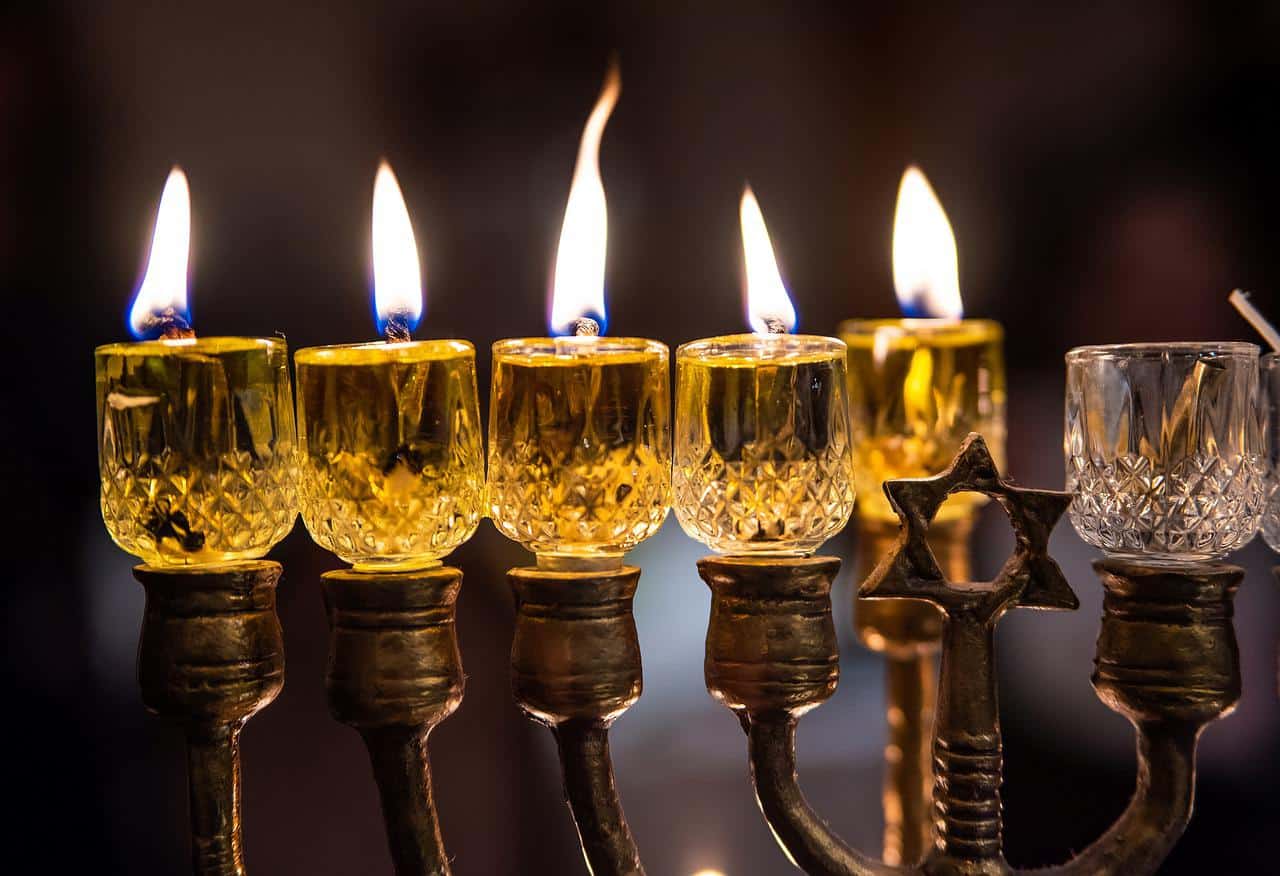If planning the funeral of a Jewish friend or relative in the UK has fallen to you, then the first thing to know is that help is at hand. Deciding on what to do and in what order can be stressful, especially if you are not religious and don’t know much about Jewish funeral rites and traditions. Don’t worry if this is the case because Newrest Funerals’ friendly team of compassionate professionals is here to lend a helping hand. Here’s what you need to bear in mind for most, not all, Jewish funerals.
To begin with, you’ll need a death certificate from the local registry office to arrange the funeral. Take some proof of identification and the medical notice that gives the cause of death with you. Once you have the death certificate, you can notify potential attendees during the initial period of mourning, known as aninut. In most cases, Jewish communities will have a Chevra Kadisha, or burial society, you can turn to which will point you in the right direction for both the service and the burial.

Please note that under mainstream Jewish beliefs, burials are the right way to proceed rather than cremations. However, the individual you are planning the funeral for may have had different views. This is often the case among Reform Jews, for example, but is something that isn’t universal. If their will expresses a preference or they left behind a specific funeral plan that they want to be followed, then respect their wishes. In some cases, they may have taken out a pre-payment funeral plan which means the financial side will already be taken care of. As such it is in your interests to check for one or for a funeral insurance policy.
Appoint a firm of funeral directors who are used to conducting Jewish funerals. We can help you if you would like expert advice in this area. Remember that preparing the body of a Jew for their burial means observing certain rites, such as ritual washing, known as Tahara. Plain coffins tend to be the norm. If a kosher coffin is required, then this should be devoid of any metal adornments. Even screws and nails should be avoided. The body should be wrapped in a white prayer shawl, or Tallit, before it is taken on its final journey.
Contact the synagogue that the deceased attended and inform the rabbi of the death. He or she will then help you to book a funeral service time. In most cases, the Chevra Kadisha will have a preferred Jewish cemetery you can organise for the burial itself after the service. The deceased may have a family plot they expect to be buried in already, of course. Typically, Jewish funeral services will consist of an order of service and one or more eulogies. It is often best to speak to the rabbi about what you would like included in the service especially if there is anything specific that you would like to be included or left out. Learn about plans for Muslim funerals.
At Newrest Funerals, we will always operate with compassion when helping you to arrange the funeral of someone you have lost. We know it can be a difficult time and making funeral arrangements will often seem as though they are a heavy burden as you are entering the grieving process. Remember, too, that children can be affected in much the same way as adults when they’ve lost a loved one and are, perhaps, facing strong emotions like grief for the first time. How can you help them?


